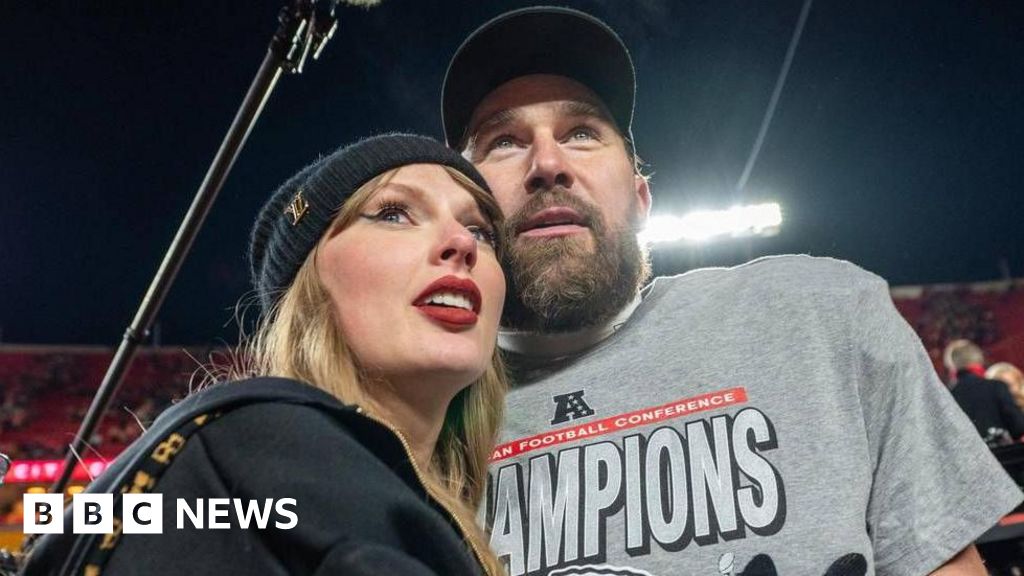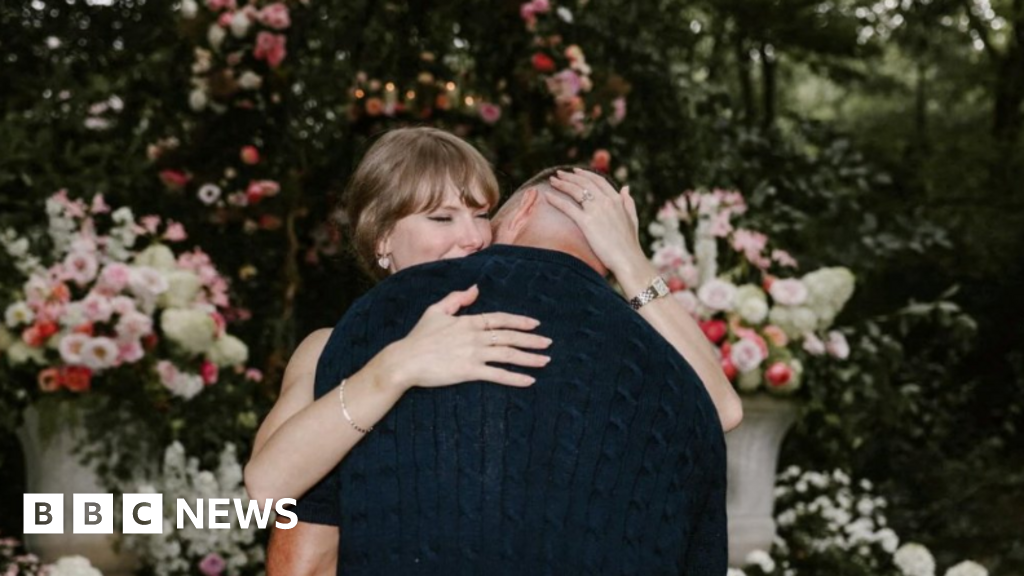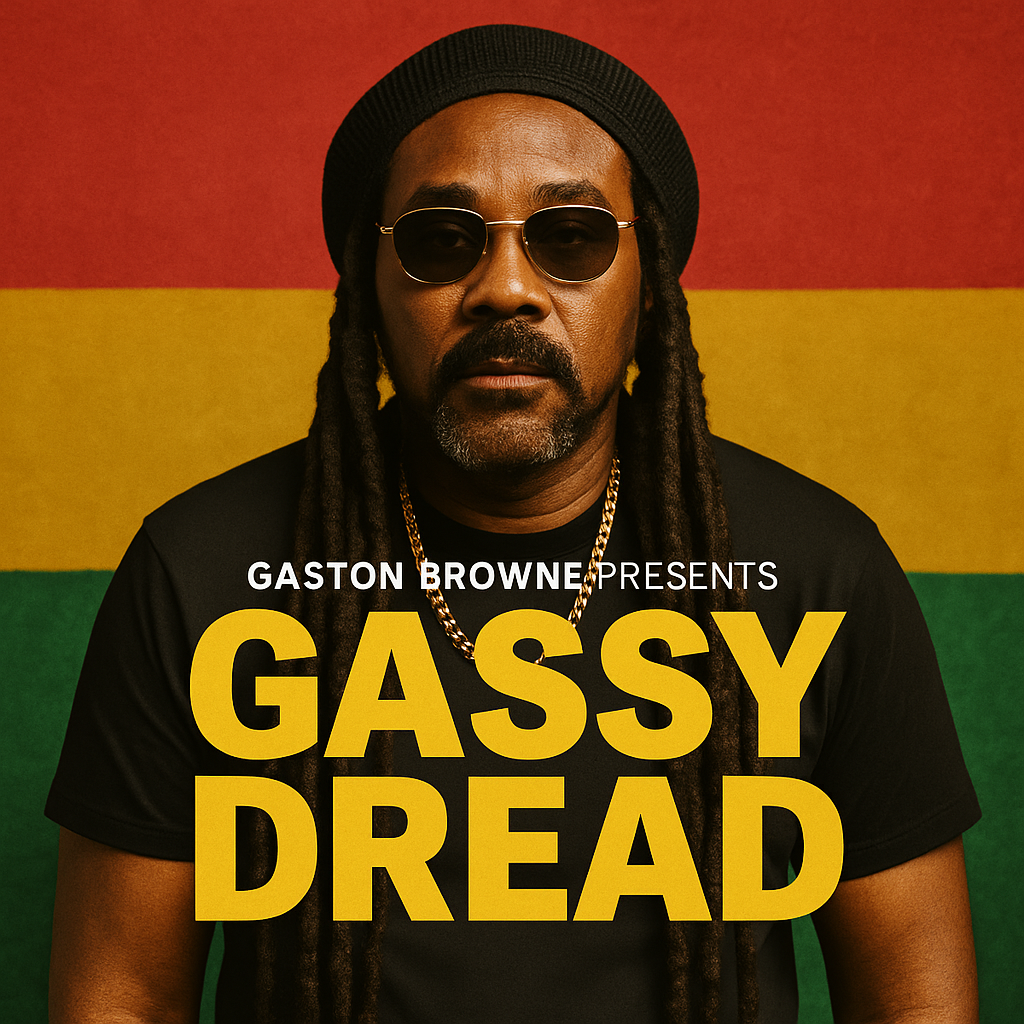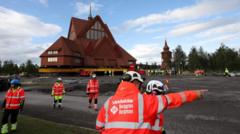In 2025, the meaning of being 'culturally Irish' is a nuanced topic, especially evidenced by Ed Sheeran's recent reflection on his heritage. Sheeran, who grew up in Framlingham, Suffolk, and drew inspiration from his surroundings for his hit song, "Castle on the Hill," faced online backlash when he described himself as "culturally Irish." Critics on both sides of the Irish Sea questioned his claim, with some suggesting that he is Irish "when it suits him." Ed, however, defended his identity by noting that he has Irish ancestry, an Irish parent, an Irish passport, and fond memories of summer holidays in Ireland, asserting that it is natural to feel a connection to the culture of one's lineage.
Responses to Sheeran's declaration have been mixed. Supporters, like Ros Scanlon from the Irish Cultural Centre in London, emphasize the importance of owning one's heritage, particularly as cultural identities become increasingly intertwined. She argues that pride in an Irish background does not negate affection for one's British identity. Similarly, Belfast South MP Claire Hanna highlighted a shift in the perception of identity, suggesting that many are moving beyond the rigid dichotomies of British and Irish identities, as seen in the Good Friday agreement, allowing individuals to embrace a multifaceted identity.
Professor Linda Connolly from Maynooth University stresses that identity encompasses more than just citizenship—it's the manifestation of lived experience and cultural connection. This is especially true in Northern Ireland, where Irishness carries significant historical weight and complexity. Many unionists express their British loyalty while maintaining a strong connection to their land—a juxtaposition seen in symbols like the Celtic harp and the national sport of rugby.
Defining "culturally Irish" varies widely amongst individuals. For some, it’s about shared humor, music, and the beauty of the Irish landscape. Others, like musician Shane McGowan, poetically express these connections in their art, creating a diverse representation of what it means to be culturally Irish.
Sheeran himself embodies a blend of identities influenced by his family's history—a Protestant grandfather from Belfast and a Catholic grandmother from the Republic. Today, the mainstream acceptance of Irish cultural identity in Britain stands in stark contrast to the past, reflecting the positive impact of cultural figures such as Terry Wogan and U2, as well as the evolving perceptions among the younger generation.
As migration patterns shift, with travel becoming more accessible, Irish culture flourishes in Britain. Yet, tensions remain, particularly around the promotion of the Irish language, which can trigger strong resistance from some sectors of Unionism. Cultural figures from various backgrounds—be they British or Irish—continue to mold the narrative of Irishness today.
As societal views on identity evolve, the lines around "cultural Irishness" blur further. The prominent figures in contemporary culture and their expressions of identity, like Ed Sheeran’s, prompt discourse on how shared experiences and cultural inheritances have the power to unite or divide communities.
Ultimately, Sheeran's embrace of his multifaceted identity is a reflection of a broader trend—a reminder that identity is a fluid concept, shaped not by rigid definitions but by personal relationships, experiences, and cultural connections. Such insights highlight the journey towards acceptance and understanding in a world still grappling with definitions of identity.





















